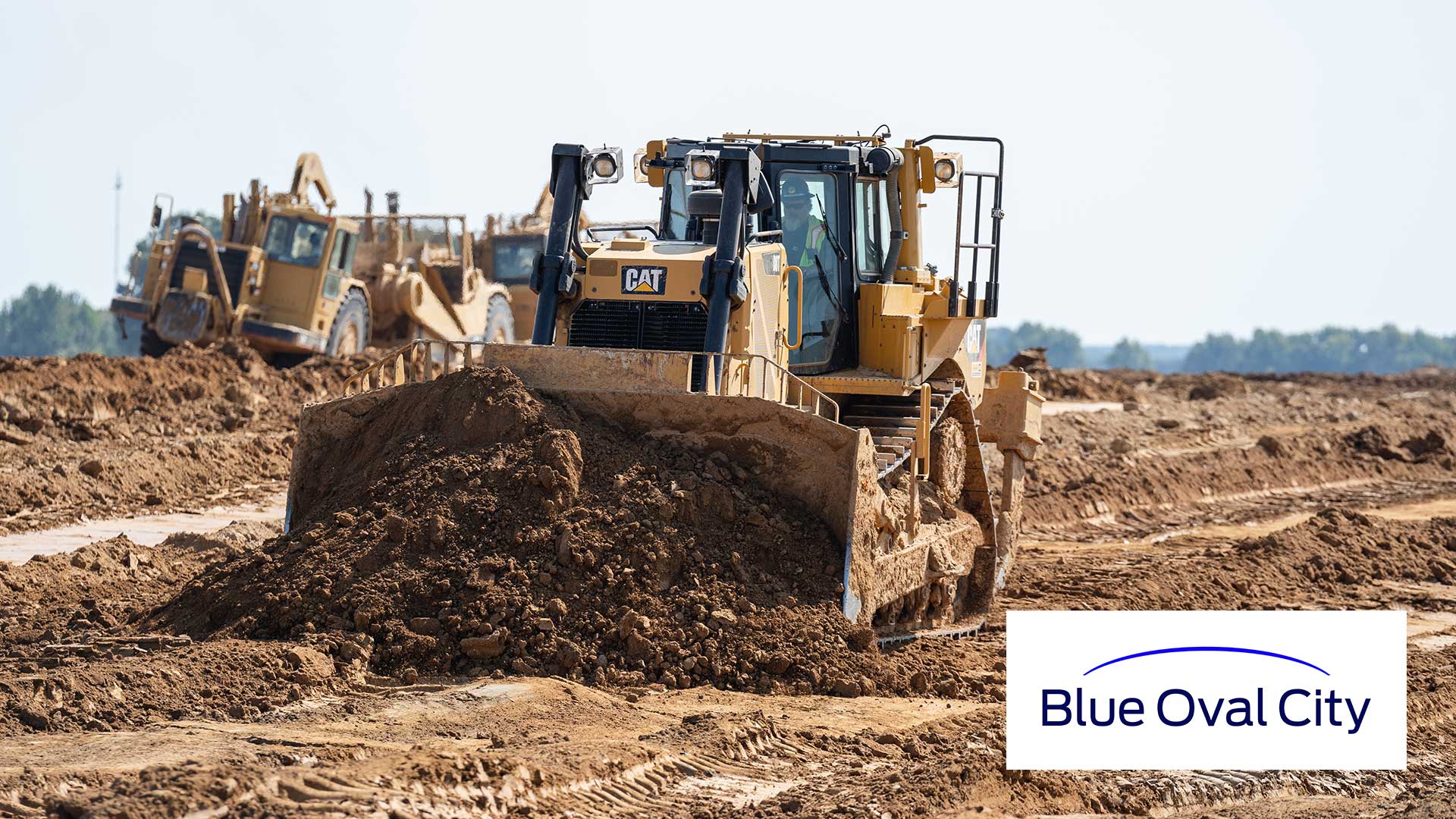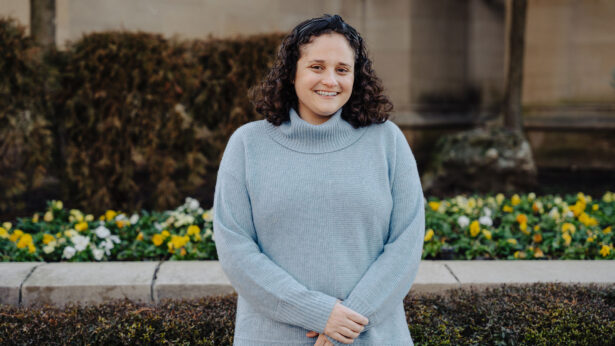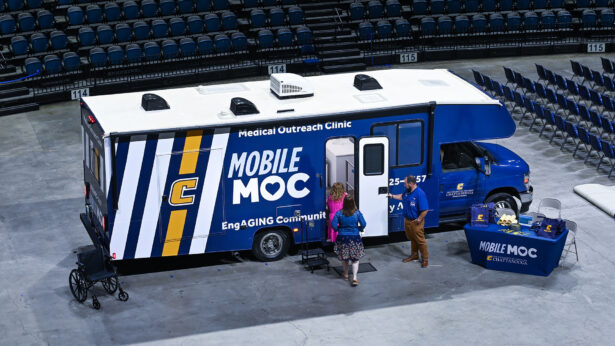A team from UT Martin staffed by five political science majors from the College of Business and Global Affairs worked on a series of equitable growth focus groups in February as part of a project funded by Ford’s BlueOval City.
BlueOval City—a 4,100-acre, 6-square-mile joint venture between the Ford Motor Company and SK On and named for Ford’s iconic logo—is under construction in Stanton in West Tennessee. Expected to open in 2025, the BlueOval City campus will be the home of the Tennessee Electric Vehicle Center, which will reimagine how electric vehicles and batteries are designed, built and recycled. The campus seeks to fill 6,000 positions.
Adnan Rasool, assistant professor of political science in the College of Business and Global Affairs, led the focus groups.
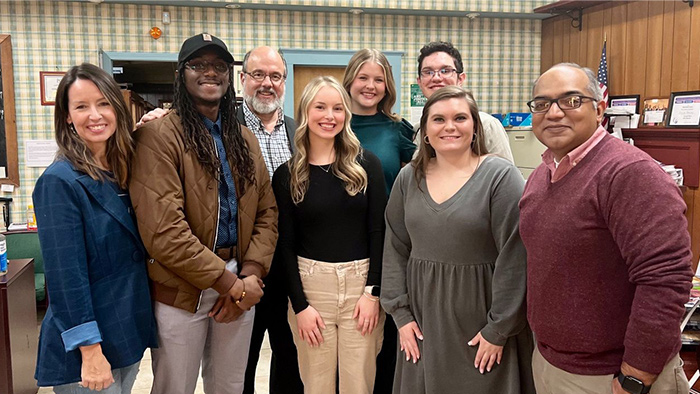
“Last year, I taught a hands-on class that makes students work on actual policy issues in association with a city government or, in this case, a major corporation,” says Rasool, an expert in regional development. “This is how we ended up developing close relationships with the city of Stanton.”
Ford contacted Rasool to set up a focus group after Rasool and Alisha Melton of the Office of Research, Outreach and Economic Development meetings in November 2023. Rasool designed a workforce development and community needs assessment survey proposal for the region.
“The goal of the project was to highlight the equitable growth challenges that can be addressed by Ford and the Equitable Growth Advisory Council,” he says. “The project also creates baseline data for policy makers to work with in terms of future regional development.”
Rasool and a team of UT Martin students conducted four focus groups in West Tennessee—two in Stanton and two in Mason—to help identify workforce challenges and community needs to ensure equitable growth opportunities in areas surrounding the Ford BlueOval City megasite.
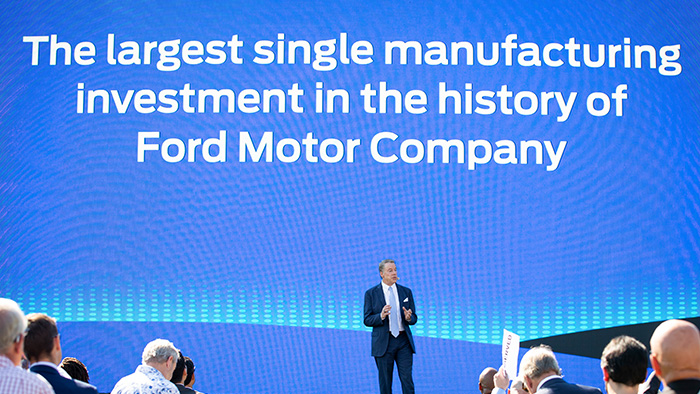
The team collected crucial data, engaged with community members and offered technical assistance. “Information and data collected from these focus groups will inform the future decisions of Ford BlueOval City’s Equitable Growth Advisory Council as it looks to invest in valuable partnerships in this region,” Rasool says.
The work included creating contacts with communities surrounding BlueOval City and then conducting focus groups to gather first-of-its-kind data about what limits keep these communities from fully benefitting from the growth coming their way through the construction and development of the Ford factory.
“Importantly, this was also a hands-on class, so all students did reports, wrote reflection papers and critically got to work with Ford and its partners,” Rasool says. “They learned what goes into community outreach, what skill sets are needed in real time and, crucially, what kinds of jobs are out there.”
Trenton Michon, a senior political science major from Chapmansboro, says the experience proved educational in many ways.
“As a Middle Tennessee native, it was interesting to see the communities of West Tennessee that I’d barely even heard of before the project,” he says. “We heard many stories from people after the meeting about how long their family has lived in the area, how much they love their community and even what they believed needed to be done within their community, even if Ford itself couldn’t help directly through the community development project. Every meeting brought its own unique set of stories, people and challenges.”
